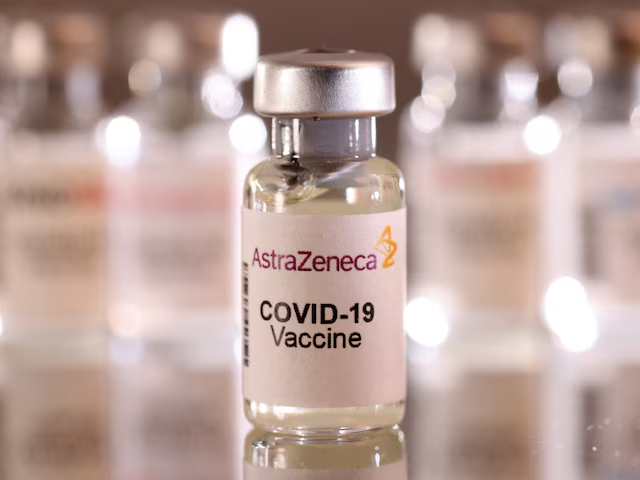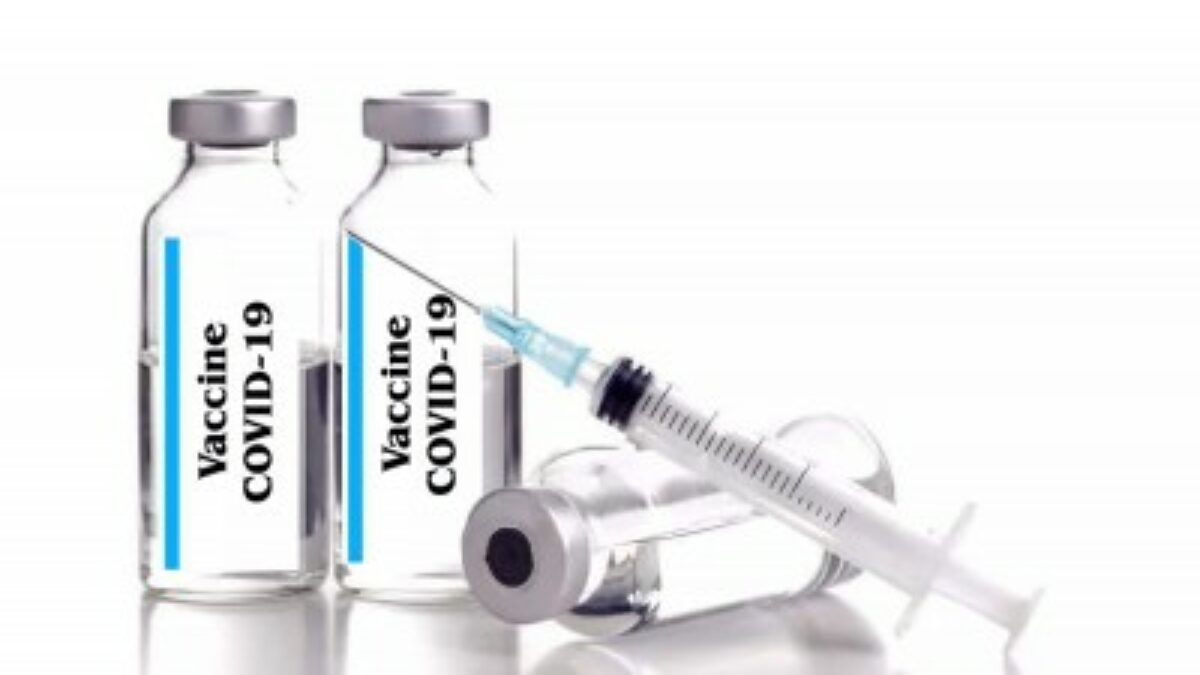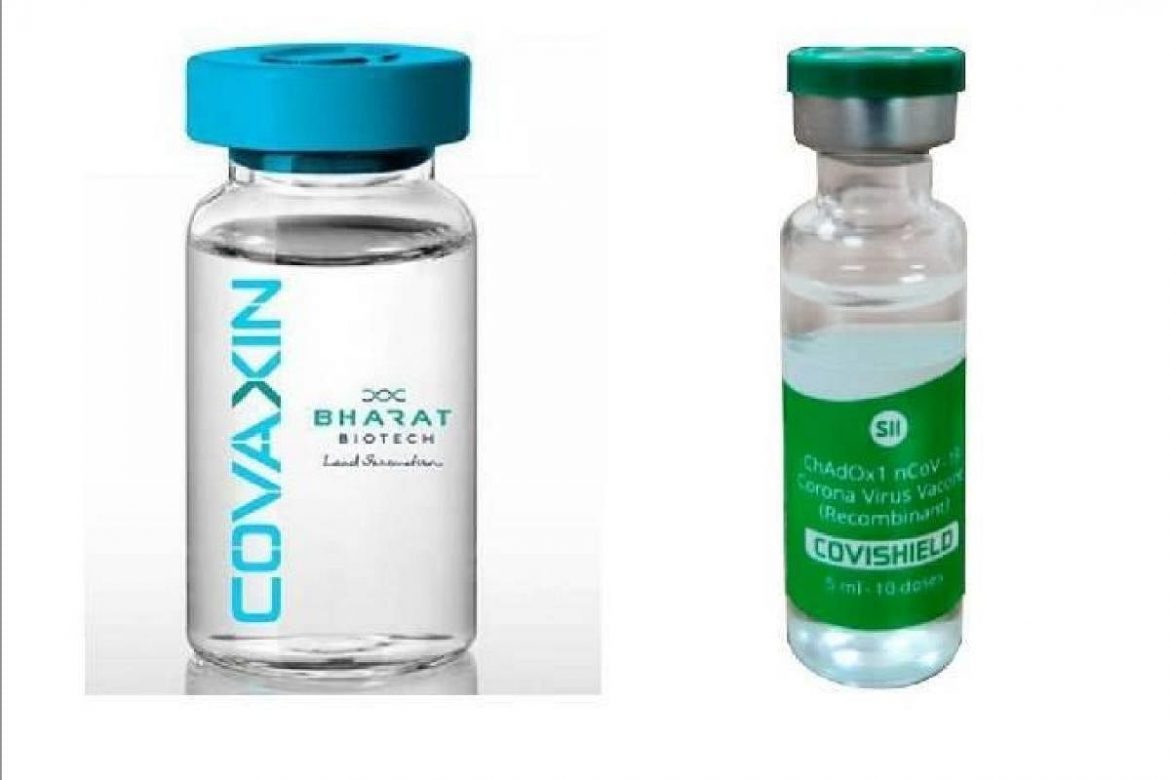The Covishield controversy centers on rare instances of blood clot disorders reported in some individuals following vaccination, raising global concern and scrutiny over its safety profile. This situation prompted widespread discussions and investigations into the vaccine’s risk factors and potential health implications.
In recent developments, AstraZeneca has acknowledged that its COVID-19 vaccine, Covishield, can lead to Thrombosis with Thrombocytopenia Syndrome (TTS), a rare blood clot disorder, in very isolated incidents. This recognition comes amid rising legal and public scrutiny regarding the vaccine’s safety.
What exactly is TTS?
TTS involves unusual blood clotting combined with a low blood platelet count. It’s a severe condition that can be life-threatening but is extremely rare. The European Medicines Agency (EMA) has listed TTS as a very rare side effect of the COVID-19 Vaccine.
Why is Covishield in the news recently?
The spotlight turned to Covishield following a surge in legal cases where individuals affected by TTS after receiving the vaccine sought compensation. AstraZeneca’s admission in court documents that the vaccine could cause TTS, albeit rarely, marks a significant moment in the ongoing discourse about vaccine safety.
How are health experts responding?
Healthcare professionals and global health agencies continue to monitor the vaccine’s safety closely. The Global Advisory Committee on Vaccine Safety (GACVS) has reviewed evidence and confirmed the rare occurrence of these events. Meanwhile, health officials stress that the benefits of vaccination in preventing COVID-19, with its potential for severe complications and death, far outweigh the risks of rare side effects.
What should vaccine recipients know?
The chance of developing TTS after receiving Covishield is very low, but it’s crucial to be aware of symptoms such as persistent headaches, blurred vision, chest pain, leg swelling, or unusual skin bruising beyond the injection site. Immediate medical consultation is advised if any of these symptoms develop after vaccination.
While AstraZeneca faces legal battles, the medical community and regulatory bodies emphasize transparent communication and rigorous safety monitoring. The ongoing evaluations will likely influence future policies on vaccine use and safety protocols.
This case exemplifies the challenges and complexities involved in mass vaccination campaigns, especially during a global health emergency. As research continues, medical advice and recommendations may evolve based on the latest evidence, balancing risk management with public health benefits.










